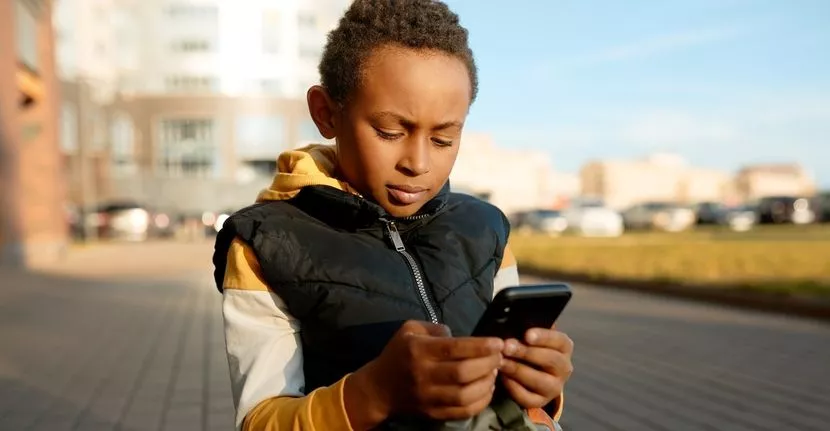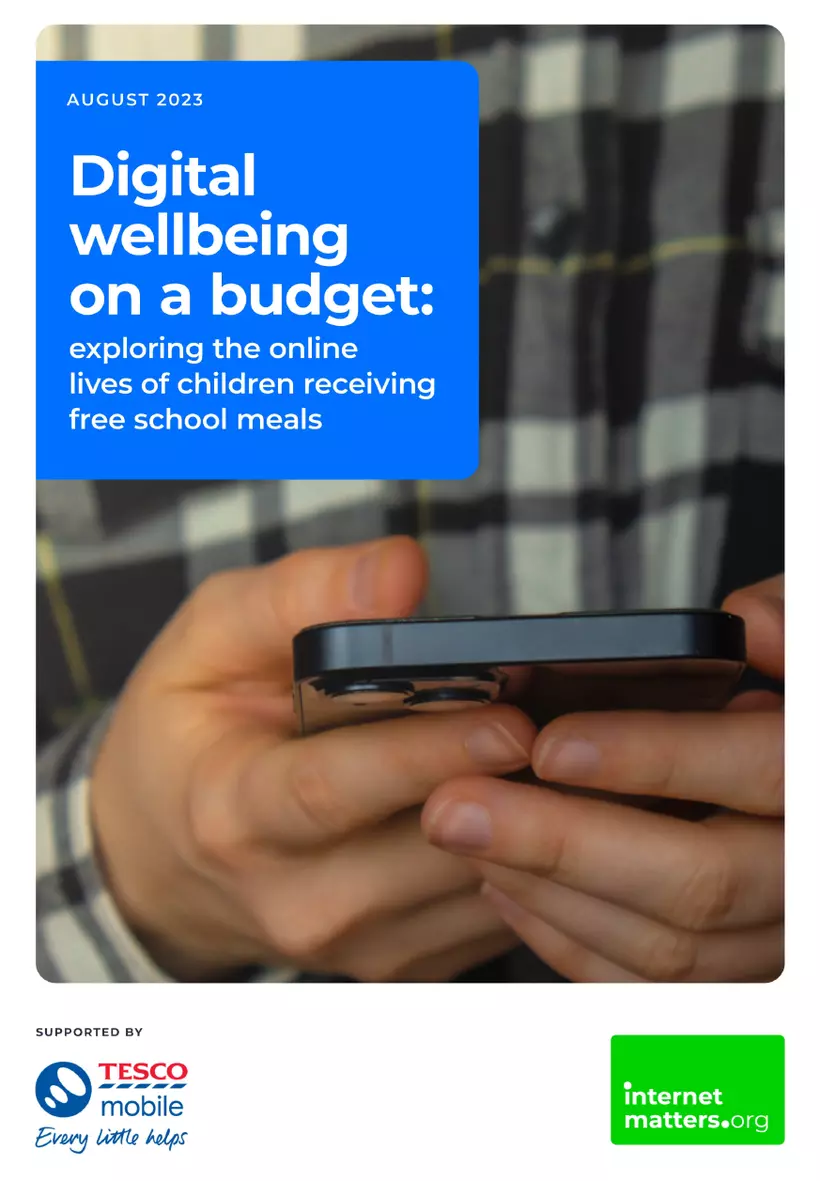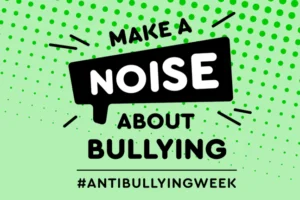Parents of children who receive free school meals are consistently more likely to report that their child has been exposed to a wide range of online harms, with 74% having experienced at least one online harm, compared to 60% of those not receiving free school meals.
While there are more barriers in place to getting online for children who receive free school meals, they spend as much time online as children who do not receive them. Despite this, the way in which they spend that time and the content they are exposed to, does vary quite considerably.
Although those receiving free school meals report benefit from being online, with nearly six in ten kids (59%) saying being online makes them feel happy, on the whole they experience greater negative emotions than their peers. They are more likely to say that being online makes them sad (14% compared to 4%), worried about their appearance (17% vs 8%), and jealous of other people (18% vs 7%).
One in four (25%) children who receive free school meals also say that they have more friends online than they do at school, compared with 19% of children who do not receive free school meals. This points to the role of digital technology in helping these children make connections, although it raises significant concerns about who these ‘friends’ might be and whether they are missing out on forming connections in the offline world.
Parents are typically more concerned about key online issues, being nearly twice as likely to be concerned about gambling than other parents. This may be linked to the fact that children who receive free school meals spend more time playing games, where gambling-type behaviour can occur, and the fact that these families are likely to be under greater financial pressures.
Parents are also more than twice as likely to say that their children have a poor body image or low self-esteem as a result of what they have seen online. More worryingly, they are also more than three times as likely to say that their child has proactively viewed content from, or communicated with, radical or extremist groups.
The report specifically shows that schools need to be paying close attention to kids on free school meals, as well as the parents of these children. With this in mind, Internet Matters is calling on schools to play a bigger role in this space.
The government is currently in the process of reviewing RSHE (Relationships, Sex and Health Education), a key route through which children are taught about online safety at school. In light of the evidence of this report, Internet Matters is pushing for the online component of RSHE to be bigger and better, focused on helping children recover from negative experiences as well as prevention in the first place. The consultation is due out in autumn with the new guidance to be finalised at the start of next year.
While schools play a major role in children’s wellbeing, Internet Matters recognises that schools are already overstretched and need greater resources, training and time to cover online safety properly.






